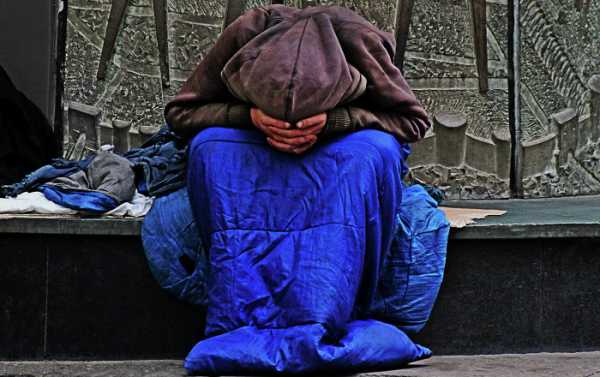
Citing “a public health emergency”, British officials in charge of tackling the raging epidemic stressed the vitality of isolation measures and shelters for those that have no recourse to public funds.
In an unprecedented move, the UK government has instructed councils to provide housing for all rough sleepers in 24 hours – that is by Sunday, The Guardian reported. However, concerns have been raised out of whose pocket the large-scale initiative will be funded, especially given the already existing shortage of housing.
Luke Hall, the junior housing minister, echoed the stance, addressing leaders of all local authorities in England and issuing a deadline for them:
Independently, the letter requested the authorities to “utilise alternative powers and funding to assist those with no recourse to public funds who require shelter and other forms of support due to the COVID-19 pandemic”.
According to chief executive Rick Henderson, cited by The Independent, “what will be key in the coming months is that people brought in are not returned to the streets, but that the funding is in place to provide suitable housing and support to enable those rough sleeping to end their homelessness for good”.
Many, meanwhile, suggested the earlier allocated funds may not be sufficient. Jon Sparkes, chief executive of the homelessness charity Crisis, for instance, questioned how councils will be supported to do this, and whether additional funding, or assistance securing hotel rooms, will be available. He said the government should now make a national appeal for empty accommodation. Jessie Seal, of Naccom, an organisation that provides accommodation to migrants, said there is sadly no clarity over who is to fund housing people “who have no recourse to public funds”.
Many rough sleepers have already been accommodated under a targeted £3.2 million emergency fund, but up to 45,000 “self-contained accommodation spaces” are needed to house the UK’s homeless population.
Last week, 300 beds at the Intercontinental Hotels Group – which owns Holiday Inn among other brands were allocated to allow rough sleepers to self-isolate in the coming months.
Figures from last week revealed that, along with rough sleepers, a total of 62,280 families are currently living in temporary accommodation in England – 5,400 of those with shared facilities, placing them at higher risk of infection from coronavirus.
On Friday morning, Prime Minister Boris Johnson, as well as Matt Hancock, the health secretary, were announced to have tested positive for COVID-19.
Deaths and confirmed cases of COVID-19 in the UK have been doubling every three days, and on Friday the country saw the biggest increase in deaths so far, judging by the result of testing that is typically conducted on those ill enough to be hospitalised. For now, the number of those infected stands at 14,543, as per worldometers.info, with 759 fatalities.
Italy continues to be the hotbed of the epidemic in Europe, with the most confirmed coronavirus cases (86,498) and the most related deaths (9,134) to date.
Sourse: sputniknews.com






